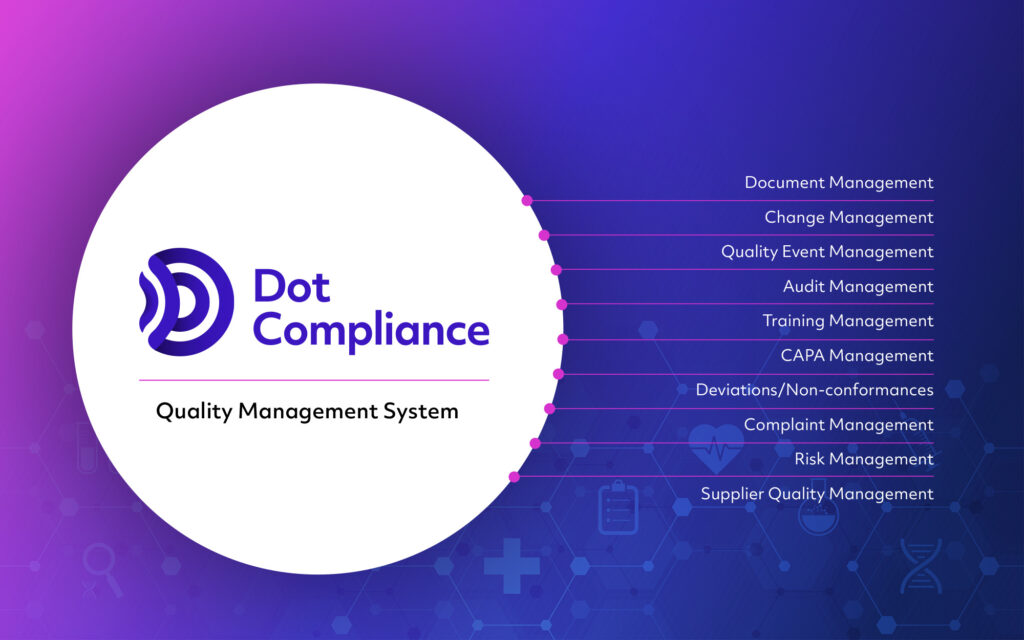
4 steps to speed value and minimize risk when deploying AI in quality management
While leveraging generative AI in BioPharma and MedTech manufacturing in a heavily regulated environment presents its challenges, there are ways manufacturers can minimize risk and maximize compliance. Here are four critical steps to take when preparing for the use of generative AI within your eQMS to enhance enterprise-wide quality management. 1. Be strategic with structure...









